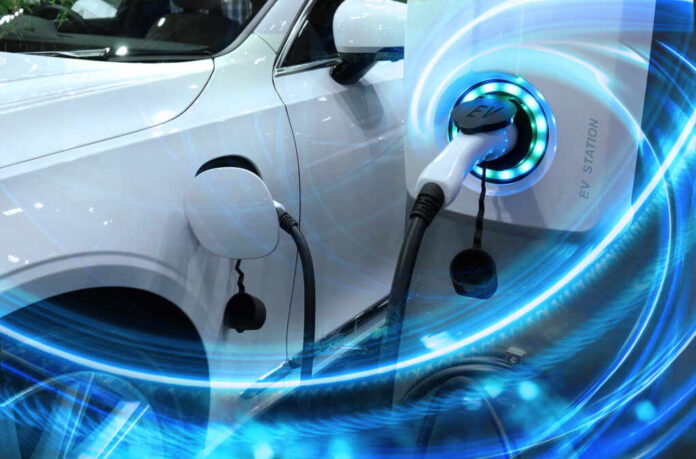
Jeff Bezos-backed startup Slate Auto is making waves with a bold promise: a functional, customizable electric pickup truck for just $20,000—potentially reshaping the EV industry with affordability and simplicity at its core.
At a Glance
- Slate Auto unveils $20,000 electric pickup truck with 150–240 mile range
- Company backed by Jeff Bezos and led by auto veteran Chris Barman
- Minimalist design skips infotainment screens for cost efficiency
- Direct-to-consumer model bypasses dealerships
- Federal EV tax credits may be key to pricing—if policy holds
Budget-Friendly Innovation
Based in Michigan and spearheaded by former Chrysler executive Chris Barman, Slate Auto aims to deliver what few in the auto industry have: an affordable electric vehicle for working-class Americans. As reported by Business Insider, the truck’s base model forgoes luxury in favor of utility. Manual crank windows, a basic cab interior, and no touchscreen help cut costs. Buyers can upgrade range and features over time, keeping the initial price tag low.
The “blank slate” approach allows consumers to personalize their truck post-purchase—an innovation that Barman says grants freedom without forcing unnecessary add-ons. A base battery delivers 150 miles per charge, with optional upgrades extending up to 240 miles.
Watch the official debut on YouTube.
A New American Tradition
Slate’s manufacturing will take place at a yet-to-be-disclosed Midwestern plant, with preorders secured via a $50 refundable deposit. According to TechCrunch, the company is bypassing traditional dealerships by adopting a direct-sales model, similar to Tesla but with radically lower pricing.
CEO Chris Barman emphasized Slate’s mission: “We are building the affordable vehicle that has long been promised but never been delivered.” He added that the design intentionally opposes industry norms focused on automation and luxury: “The auto industry has been so focused on technology, it’s driven prices to a place most Americans can’t afford,” said CCO Jeremy Snyder.
Slate’s strategy includes selling a truck with an unpainted finish, encouraging owner personalization via aftermarket wraps and accessories—what the company calls the “We Built It, You Make It” model, as highlighted by The Blaze.
Tax Incentives and Policy Threats
The truck’s competitive pricing heavily relies on eligibility for federal EV tax credits, which could knock off thousands more from its final cost. But with policy uncertainty under the Trump administration’s shifting stance on climate and energy subsidies, those benefits could evaporate.
That concern is echoed by investors and analysts tracking how potential reversals in incentive programs may impact market adoption for affordable EVs. Slate’s CEO remains optimistic but acknowledges the political challenge ahead.
Looking Forward
With $111 million raised and more than 400 employees on board, Slate Auto has the infrastructure to scale—if it can maintain momentum. Its budget-focused, utility-first philosophy targets the same demographic that made the Ford F-150 America’s best-selling vehicle. Now, by offering a stripped-down EV alternative, Slate aims to prove that affordability and sustainability don’t have to be mutually exclusive.
As the company pushes toward a 2026 launch, all eyes will be on whether consumer demand and favorable policy can carry Slate’s vision through production and into American driveways.


























